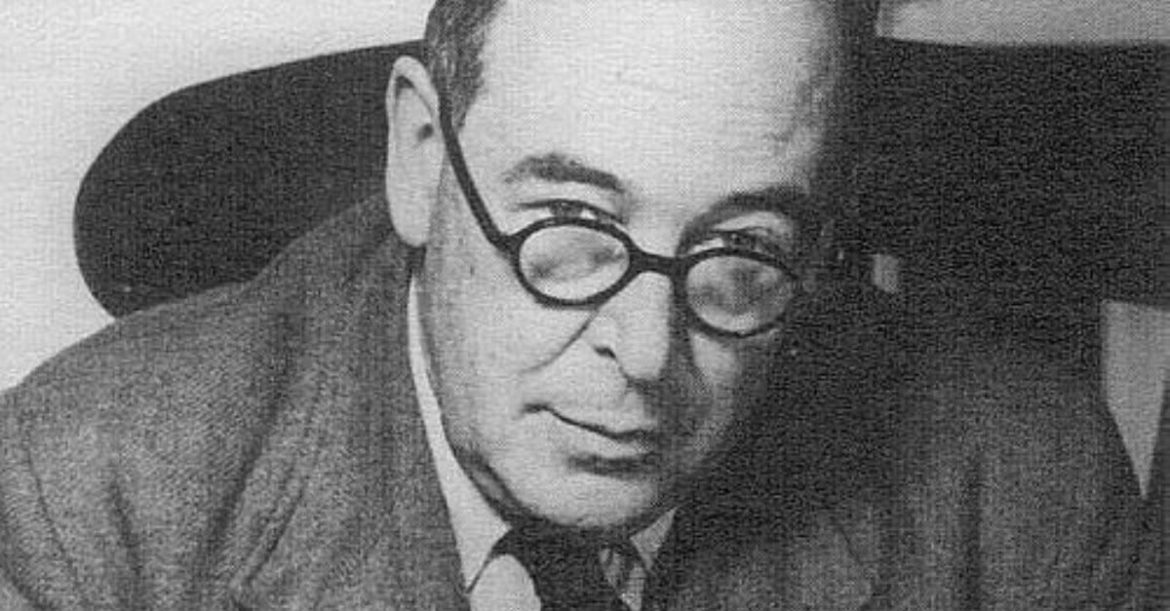After his wife tragically died, C.S. Lewis famously worried in A Grief Observed:
*****************************************************************************************************************************
“Indeed, it’s likely enough that what I shall call, if it happens, a ‘restoration of faith’ will turn out to be only one more house of cards.
And I shan’t know whether it is or not until the next blow comes.”
*****************************************************************************************************************************
In other words, even if our faith barely squeaks through this trauma, who knows about the next one?
How can we really know whether our faith is faith?
That’s one of my great fears, as well, and it’s called “catastrophizing.”
Catastrophizing is a symptom of Generalized Anxiety Disorder, and we’re good at it, aren’t we?
If you’re like me, you’re constantly searching for the worst possible test of your faith, despite a theology that believes Jesus will leave none of his children behind.
“But what if something so catastrophic happens that my faith disappears, proving I wasn’t one of his children, after all?”
Oh, I’ve imagined all the ways my faith could be shipwrecked, and if my faith is small in the best of times, how will it hold up under the worst of times?
I know it has for many, and they’ve written books about it. Great testaments to faith under extreme duress. You know, Elisabeth Elliot, Vaneetha Rendall Risner, John Foxe’s Book of Martrys.
But for me?
As Lewis says elsewhere in the book, “only torture will bring out the truth. Only under torture does he discover himself.”
We don’t know until we know.
Maybe that’s why James says, “the testing of our faith produces endurance.”
In other words, if you see the castle wall withstand wave after wave of attack, you’ll start to finally believe, “Okay, pretty solid!”
“But hold on,” someone with severe anxiety will tell himself at midnight, “Now that I think my wall is solid, just you wait. The Night King is coming on his dragon, and we all know what happened to that wall.”
The fact is — Christians are as prone to catastrophizing as anyone else, because it’s a symptom of a non-spiritual disease. I can’t emphasize that enough. It’s a symptom of a non-spiritual disease.
Christians often just catastrophize, despite our theology, about the solidity of our faith.
As C.S. Lewis did.
And to all this, there are a few things to say and do.
First, remember: Jesus is the wall of faith. If the wall were up to us, we’d be finished in one second. My faith isn’t enough. Christ’s work is.
Second, if our faith is failing, “Lord, I believe. Help thou my unbelief.”
Third, “If we are unfaithful, he remains faithful, for he cannot deny who he is.”
Now that’s the reality of what’s going on, but of course, an anxiety disorder doesn’t respect reality. It creates its own.
So all of those theological realities are good things to think of, but reality only goes so far in a mind distorted by anxiety.
That’s why we need treatment for anxiety or OCD. And there is treatment!
When my anxiety is in order, these exhausting and intrusive thoughts about my house of cards faith (and a million other things) disappear, or at least, retreat.
They can for you, too, with professional help, so talk to your doctor.
(And while you’re at it, here are a few tips at stopping catastrophic thinking, and some more tips, and some more).
Finally, I’ll add this — sometimes I tell my enormously optimistic, sanguine wife about these exhausting fears.
She’ll shake her head, smile gently, and say, “Oh babe, your brain is so mean to you. Bless you.”
And in my wife and saints like her, there lives Jesus and his words, as well.
Look for people around you who are there to listen. God shows us his love through the love of others.

